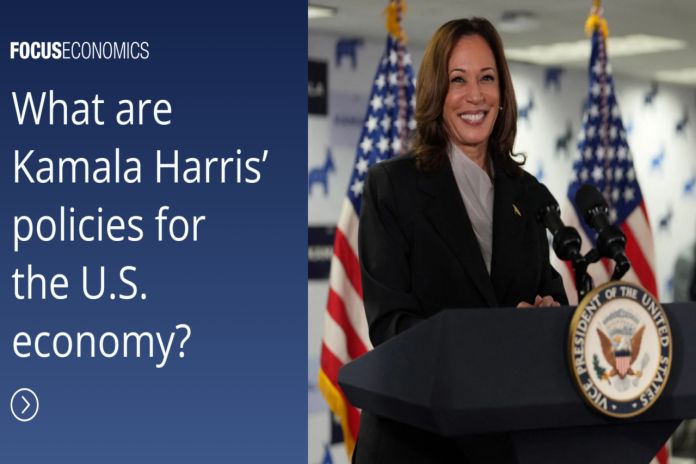Cost of living crusade: Harris’ policies are aimed squarely at what matters most to American voters at present – their pockets. She is proposing to build millions of new homes per year, offer financial help to first-time homebuyers, ban price gouging by grocery companies, cap medical costs, and cut taxes for low – and middle -income families. The measures would be paid for in part by hiking taxes on corporations and the wealthy.
Superficial measures trump structural reforms: While the vice president’s proposals tap into many concerns shared by ordinary Americans, in many cases they do little to tackle the underlying causes of the country’s economic problems – nd may make some of them worse. For instance, simply capping medical costs does nothing to improve the inefficient overall architecture of the health system; the US spends far more on health than even other advanced nations, yet has a lower average life expectancy than many emerging economies. Giving a payout to first-time homebuyers will likely translate into higher housing prices – exactly the problem the measure attempts to tackle. And, cutting taxes will only widen a fiscal deficit which is already over 6 percent of GDP, putting upward pressure on public debt and raising financial stability risks.
The least bad option: Though Harris’ proposals will not herald an economic step-change in the US, if approved they are unlikely to seriously harm the economy, and should be more favorable for growth than Trump’s measures, which we looked at in a recent insight piece. The election outcome is currently in the balance; the Consensus is for the US economy to grow close to 2 percent in the coming years, above the G7 average. However, if the economy does achieve such growth, it will have much more to do with the US’ innate economic strengths – world-class research, flexible labor markets, a strong regulatory environment and leadership in emerging tech domains – than government policy, regardless of the election’s victor.
Insight from our analyst network
Goldman Sachs analysts commented on future tax policy:
“A Democratic sweep [in Congress] would likely result in substantial fiscal legislation in 2025 that raises the tax rate on corporate income and upper-income households, including investment income, while also increasing fiscal transfers to households (e.g., the child tax credit) and establishing new benefit programs (e.g., subsidized child care). By contrast, a Democratic presidential win with a divided Congress would result in much less policy change outside of the expiration of the upper-income portion of the 2017 tax cuts at the end of 2025.”
On the economic upshot of a Harris government with a divided Congress, ING analysts said:
“Somewhat tighter fiscal policy will be a headwind to growth, but a more certain trade and economic backdrop may mitigate this, particularly if the Fed feels content with a lower inflation profile. Some fiscal restraint will help dampen price pressures relative to Trump. A limited migration and trade impact should also lessen inflation fears over the medium term.”





